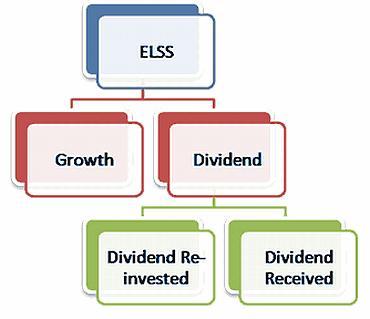
Invest money to meet your goals, not to meet the salesperson's targets.
Many people have about 8-10 mutual fund schemes in their portfolio. When it comes to the number of mutual fund schemes in one's portfolio most people seem to think 'the more the merrier'.
But why do you end up with so many mutual funds schemes in your portfolio?
One reason for this is a wrong understanding of the concept of diversification: People are so worried about one or two items going bad that they try to compensate these with two others. And so on.
The fact is, a single mutual fund is itself a fair diversification -- it often holds 25 stocks from different sectors. If you have about three such generic equity funds, you will likely hold most of the top 100 stocks in the market. More funds only lead to overlapping holdings of the same stocks, not further diversification.
Possibly the bigger reason for this proliferation is the questionable role of agents who sell mutual funds. Most of us buy funds only when pestered by agents. Till few years back, new funds paid out higher commissions to agents -- so they were busy pushing new funds instead of tested old ones.
Thankfully, the regulator has put an end to this practice by removing agent commissions altogether.
There is a third reason too: We often want to try out something new. The idea is good, but the implementation is flawed. If you really look closely at your portfolio, you will discover that most funds are different in name only -- they often hold very similar stocks. And if you have gone for several thematic funds, be assured that at any given time more than 2 to 3 themes are unlikely to succeed.
So you would try and identify these 2 to 3 themes and invest; rather than throw several darts in all directions.
The author is director at Fintotal Insights and Resources Pvt Ltd. He can be reached at info@fintotal.com.
Courtesy: 

Some thumb rules
Just go for three funds.
The basis for this thumb rule goes back to our experience with mutual funds and stocks. Three well-chosen mutual funds give you all the diversification you need.
Any more only add to complexity, and likely lower your returns.
These three funds are useful for beginners and pros alike, since the fund managers are experts, dedicated to manage your money well. People with no time or interest in finance need not worry: Three funds can take care of your needs pretty well.

How to go about selecting funds?
Remember, first thing you always need to do before deciding on any fund is determine the time horizon of your investments. Ask yourself this question: By when would I require the money?
If you need the money within three years call it as short-term investment. If you require the money between 3 to 5 years call it as mid-term investments and anytime above five years call it as long-term investments.
Follow these simple thumb rules:

The rationale behind the thumb rules
Debt funds provide safety of capital but the returns are relatively low. When you invest for shorter periods, priority is safety of capital over returns hence debt funds are preferred.
Equity funds give you scope to make higher returns provided they are invested for longer periods. For investments that are long-term, inflation is the major cause of worry. Equity funds have the power to blunt the effects of inflation.
Long-term goals
Equity mutual funds are further divided into categories to suit different segments of investors.
Further to identify the type of equity fund suitable to you:
Define the purpose of your investment. If the purpose is to meet life goals like higher education, retirement, marriage, purchase of home, etc call it as core needs. If it is for general wealth creation call it as satellite needs.
To choose the appropriate equity fund to meet your long-term need follow these simple rules: